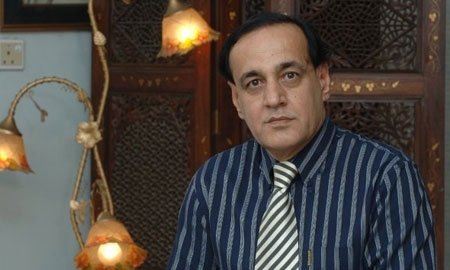Political parties by nature provoke conflict. When one party resorts to inflicting emotional damage on the other, the chances of reaching a calm and reasonable agreement decrease drastically. Conflict resolution is the process of ending a dispute and reaching an agreement that satisfies all parties involved. Since conflict is an essential part of being human, effective conflict resolution helps avoid disagreements, facilitate discussions, increase understanding, and control emotional responses. Overcoming scenarios of crisis requires a method of negotiation and exhibition of empathy between political actors. Conflict situations, whether in politics, the business world, or between friends and families, carry a high dosage of emotion that can lead to dizziness. It is when the parties involved are not able to think about solutions because they are only thinking about the conflict. It is crucial to be acquainted with this emotional component and utilize negotiation maneuvers that might include behind-the-scenes conversations and easy-going meetings between representatives of the rival parties. The first step towards escaping a discordant mindset is to approach the negotiation with the aim of thinking up ideas of mutual benefit. In circumstances in which democracy is at risk, all sides should work to avoid scenarios in which attempts at dialogue transform into political fights. Conversely, there is a caution not everything should be negotiated. On occasions, political advocacy is a better way to go. There are two issues at hand: one is psychological, and the other is tactical. The most vital psychological part of breaking out of polarization is to shift to a new mindset. In times of polarization, our mind tricks us into thinking that politics is a purely zero-sum game. This adversarial mindset makes for a lot of lopsided decisions, resentment, and political impasse. Even when there are great possible deals that can benefit everyone, they do not tend to happen because of this divisive mindset. I believe leaders have a lot of power to help society break free of this mindset. The approach reminds everyone that while there are strong political differences everyone is part of the same national project. People can still argue and debate politics even with a lot of emotional intensity; however, securing the national fabric requires everyone to do so within a narrative of a collective sense of identity, and a national sense of unity. Otherwise, politics can divide society and shake its political foundations. At a tactical level, there is another big problem with polarization. While engaging in political negotiations with the rival political group the party fears that interacting with the other side makes it look weak and traitorous. There are many tactical ways to address this problem. For example, political leaders can negotiate behind the scenes, outside the public eye. However, this is risky, because their own constituents may accuse them of slumbering with the enemy. Another approach is for political leaders to empower their important advisors to meet informally with equal-status representatives from other parties to brainstorm creative policies for mutual gain. We can help facilitate negotiation sessions between high-ranking advisors of opposing political parties, assisting them in developing innovative policy concepts that are useful simultaneously to each political party. There is almost no risk in this process because decision-making authority still resides with the political leaders. The upside is great: politically aware leaders end up with value-enhancing ideas. Everyone triumphs. Fighting politically for what you believe in is not a bad idea. However, do so within the boundaries of mutually defined democratic principles and norms that foster participation. I think political polarization can lead to inferior political outcomes. If parties join together to better understand each other’s interests and invent ideas of mutual benefit, society as a whole can reap more value.
Tax Reform
The introduction of a new bill in the National Assembly, aiming to amend existing tax laws, reflects yet another attempt...
Read more







